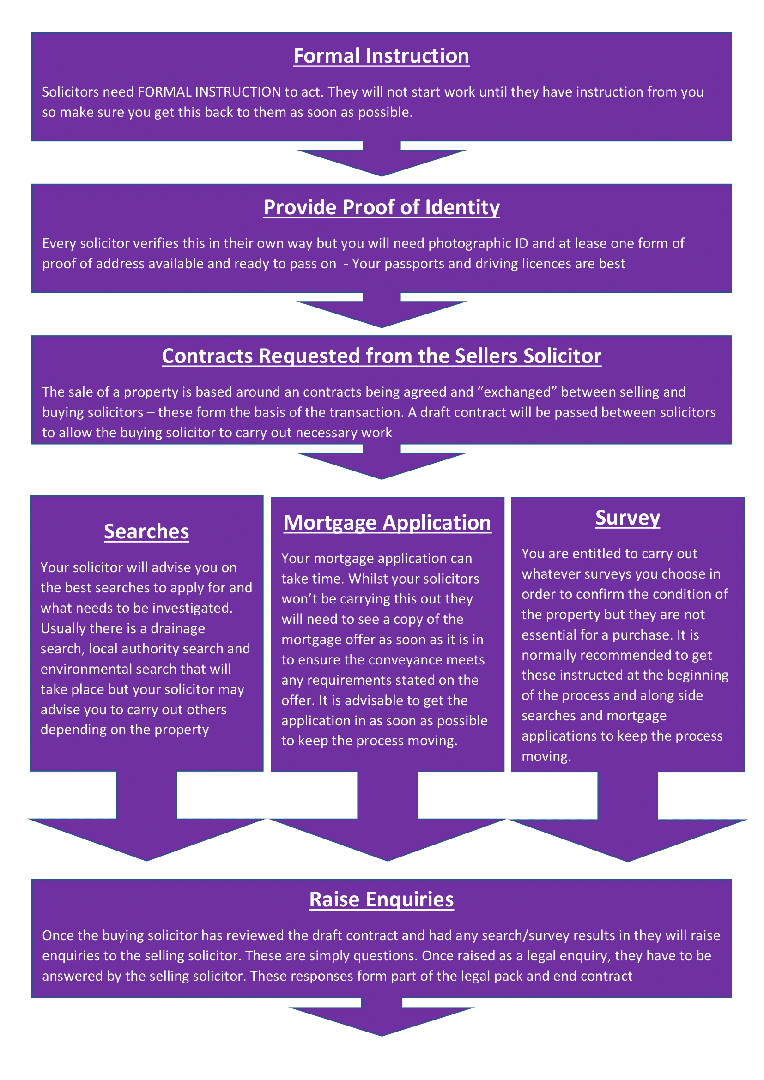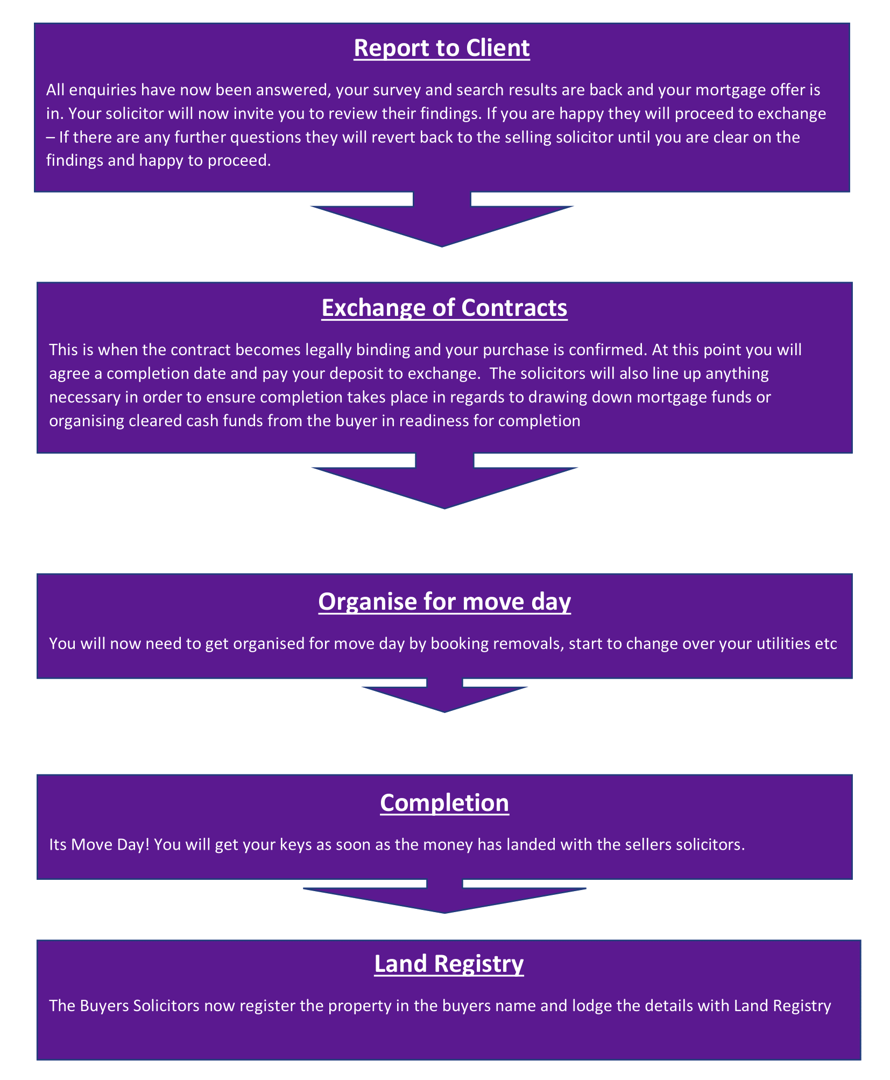So you fell in love and this is the one! Make an offer!
It is important to think carefully about what you want to offer on a house. Speak to your agent, they will be able to advise you on the factors which may influence the vendor.
When making your offer, be careful not to offend the seller. Make informed decisions on how much to offer by comparing this property to others in the area that have sold. Be fair when making your comparisons and offer what the property is worth to you.
Make sure that you know your position in regards to funding and can clearly put that forward as part of your offer, a ready and able buyer can be very appealing to a seller. If you do have a chain behind you, make sure you are clear on where the process is up to throughout your chain to help explain this to the seller.
Now the legal work begins
Once the memorandum of sale has been issued, the solicitors will begin the conveyancing process to ensure there are no surprises with what you are buying and to make sure you’re aware of all of your legal obligations. The agent’s role in this is to ensure that all parties know where the transaction is up to and to keep the whole chain moving along together.
If there is a mortgage involved in your purchase, this is where your application process will also begin so get back in touch with your financial advisor and be ready to provide them with all of the information that they need. If you are using Help to Buy or gifts from mum and dad, the agent and solicitors will need to see the information surrounding this as well so have it ready.






